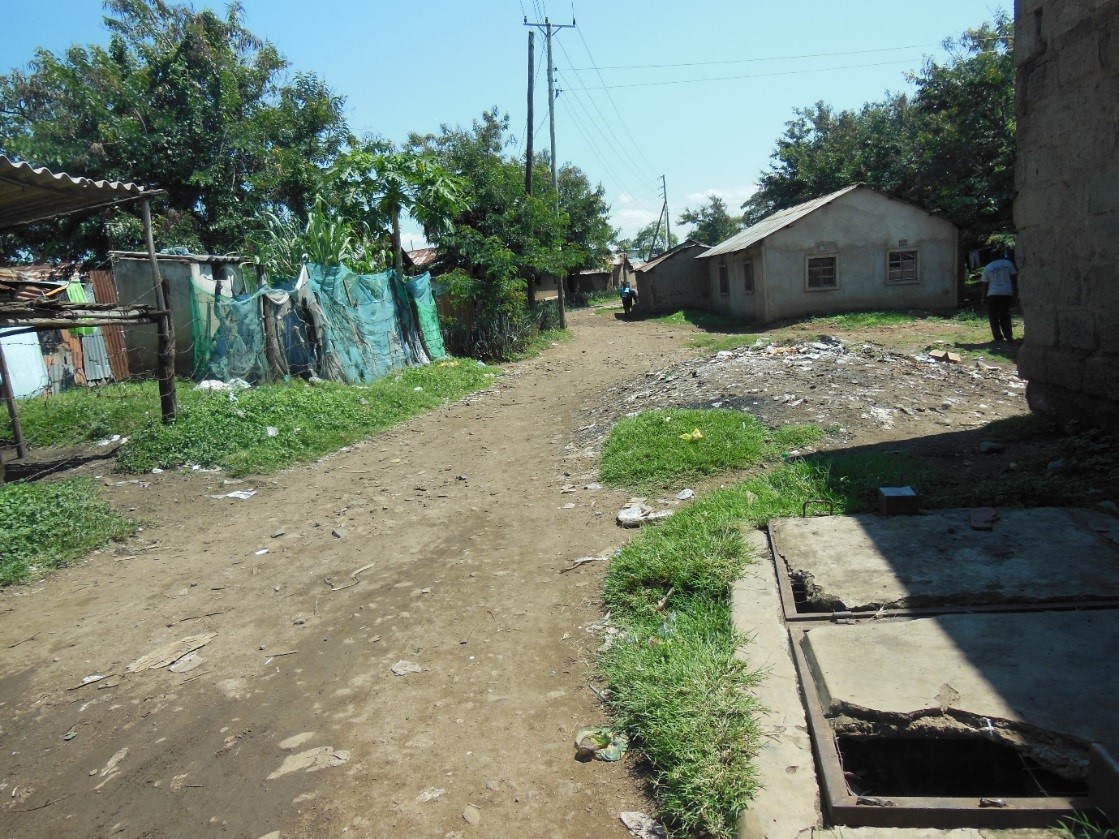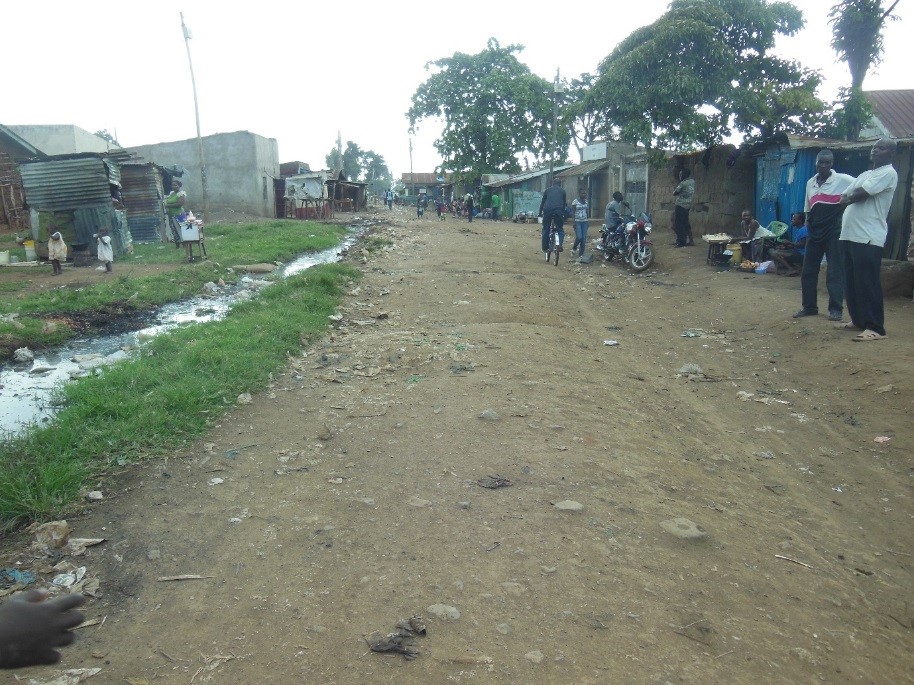Setting Boundaries and Harnessing Local Knowledge

Good research practice requires dividing the population into smaller study units whose results are later used to make inferences about the broader population. In most cases, these units are clearly defined and documented, but what if they are not? Welcome to the world of informal settlements, where there is much more than meets the eye!
More often than not a road leads to a certain destination; an indication that human beings can move from point A to point B. In informal settlements, I found another very important use of roads: demarcation of village boundaries.
Fountains of knowledge
It was common to hear statements such as “this road will lead you to village A”, but the question was, where exactly is the boundary between village A and village B? I suppose the road knew better!
Of course the road could not speak, but this was to my advantage because I had to interact with people, young and old alike. I soon realised that older people were not only reservoirs of local knowledge, knowledge that would soon come in handy, but local leaders as well. I traversed through settlements with these leaders, learning all about local village boundaries and the tell-tale features that I should be looking out for when trying to identify them myself. Interestingly, these boundaries were not just demarcated by roads, but also by other natural and man-made phenomena such as rivers and electric posts.


In his book, ‘How to win friends and influence people’, Dale Carnegie notes that winning friends begins with friendliness. Quite true I would say. During the course of my walks with these local leaders, I struck up friendships which not only became invaluable to my research, but were also a source of regular amusement. There was always a comment or two as we came across toilets, and hilarious sanitation stories regularly infiltrated our conversation. It is quite a paradox that sanitation in informal settlements can be both life threatening and, at times, giggle-inducing.
What have I learned?
As I pondered over the whole experience, I pulled out a few nuggets:
- Sometimes literature falls short of the answers to research questions; the value of local knowledge cannot be overestimated
- A lot can be learnt through observing simple daily happenings
- Listening is important, but so is filtering what one hears!
- Grasp the opportunities that comes your way; you never know where they will lead you
- Many circumstances have a silver lining; it is fulfilling to take note of, and laugh over the brighter side of each them
I guess I am well on my way to being a Dale Carnegie, so I’ll sign off until my next post…
